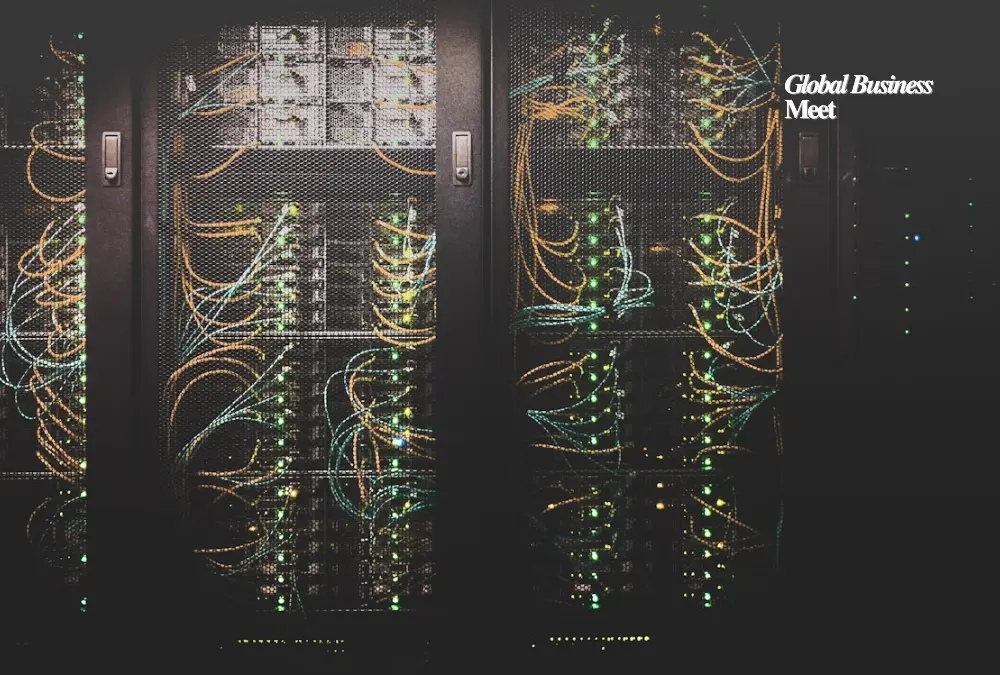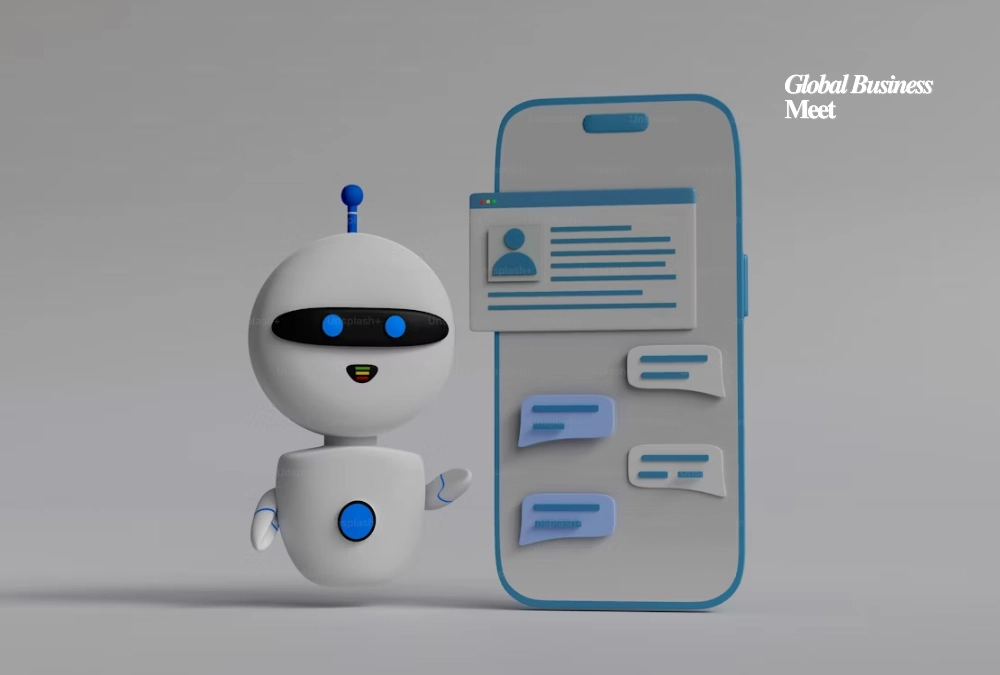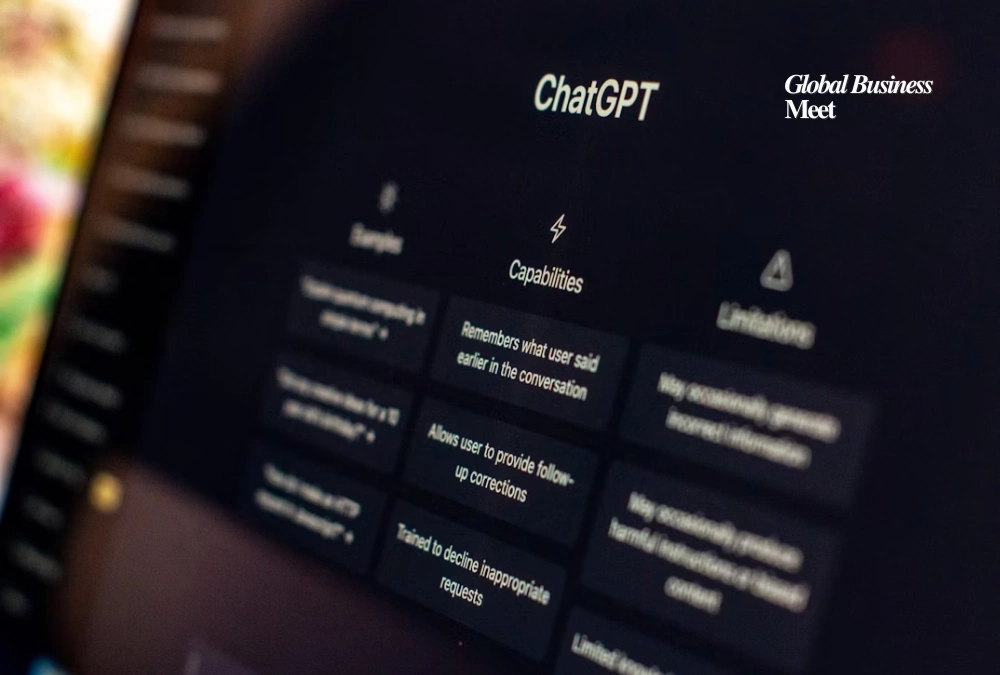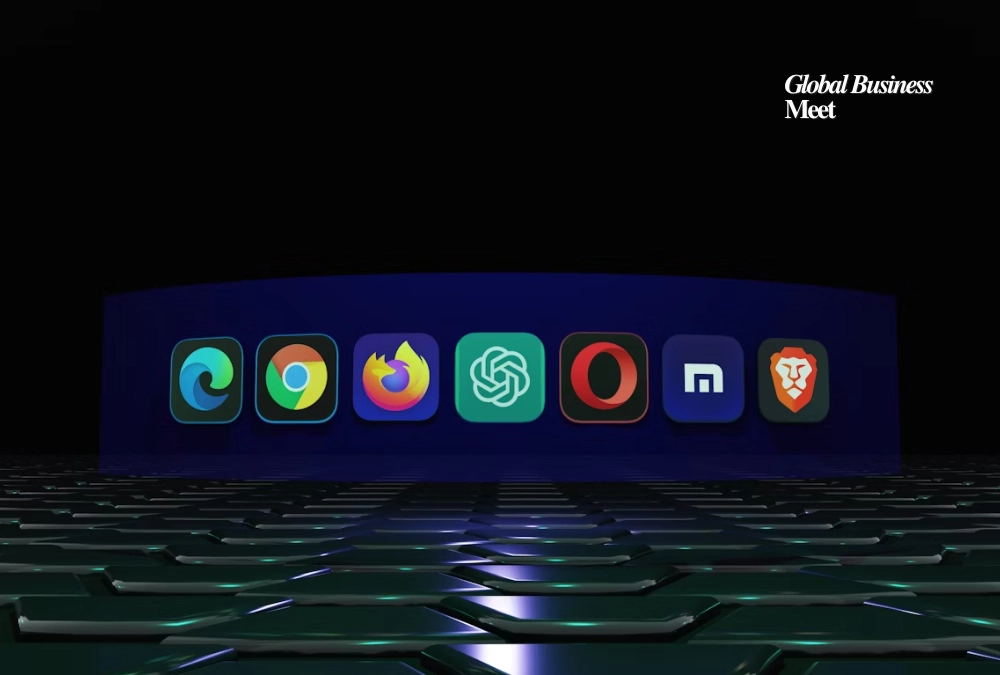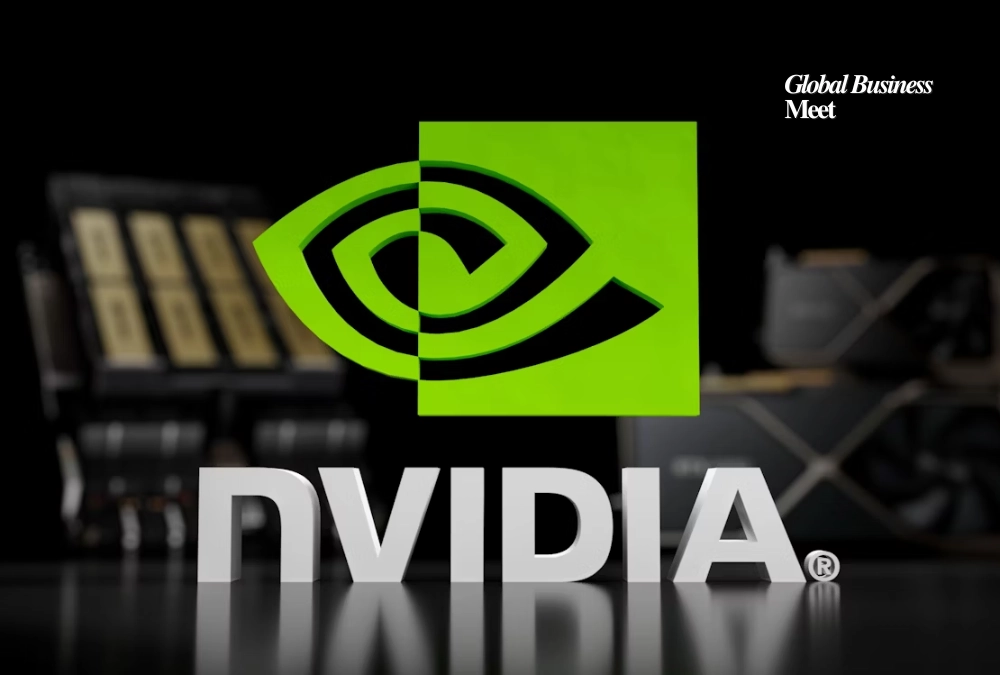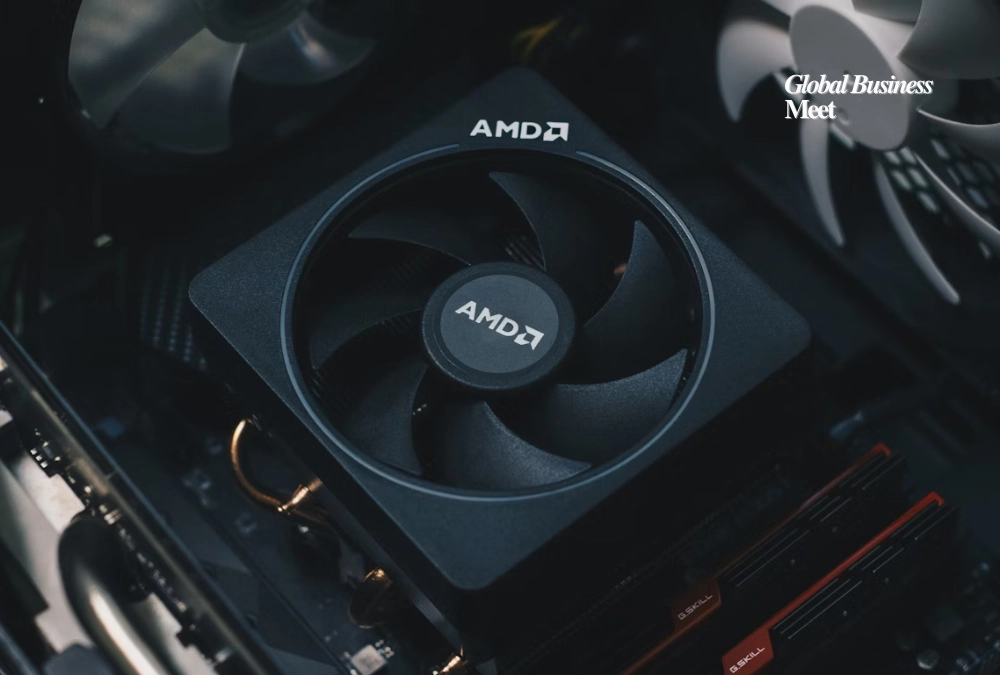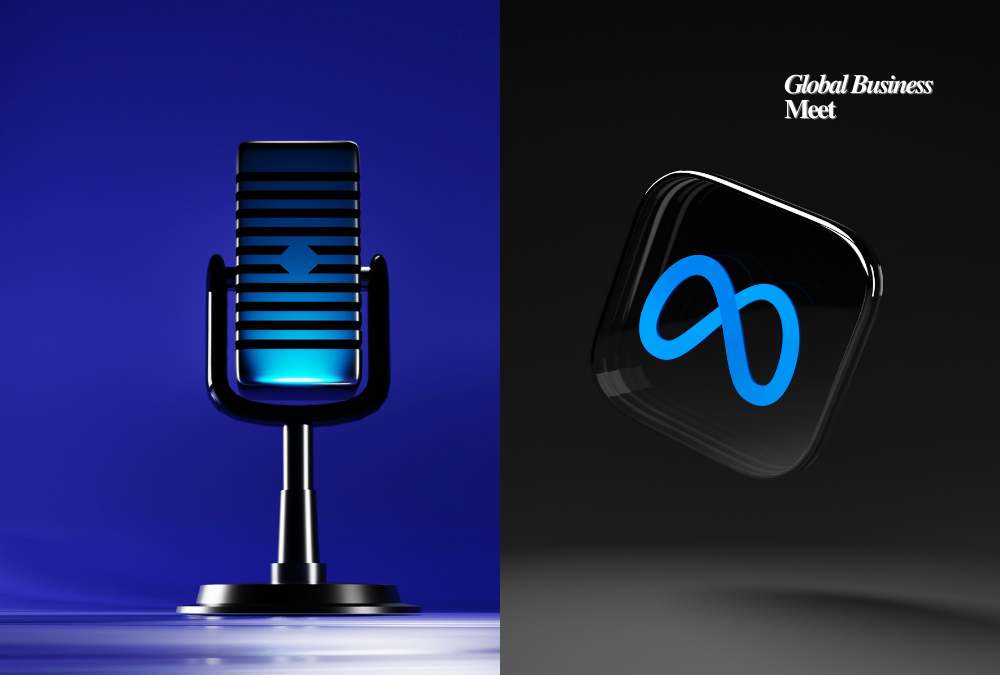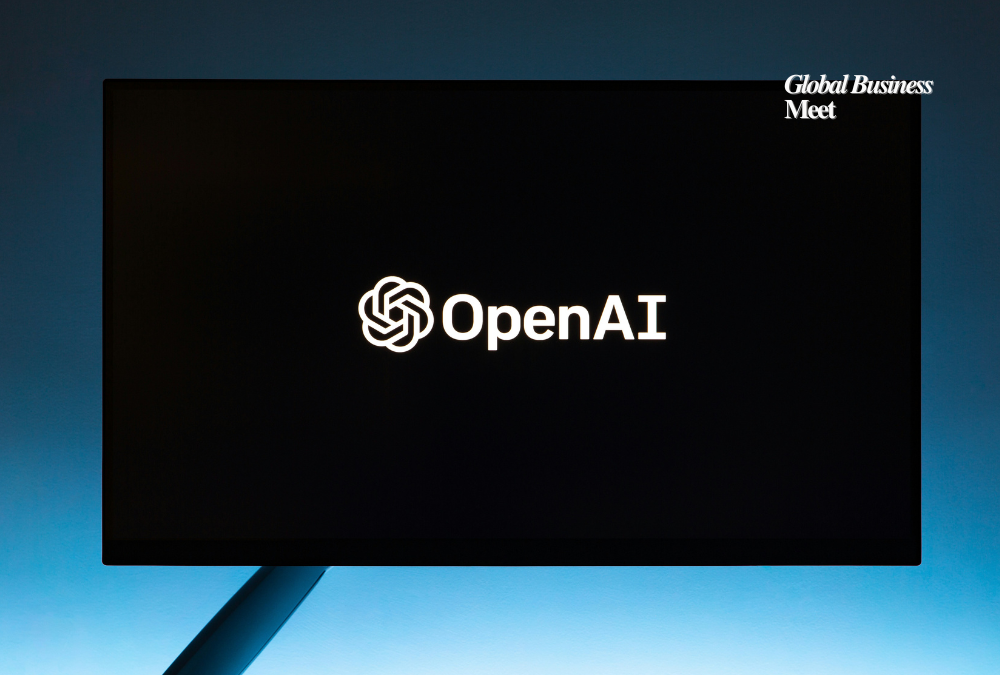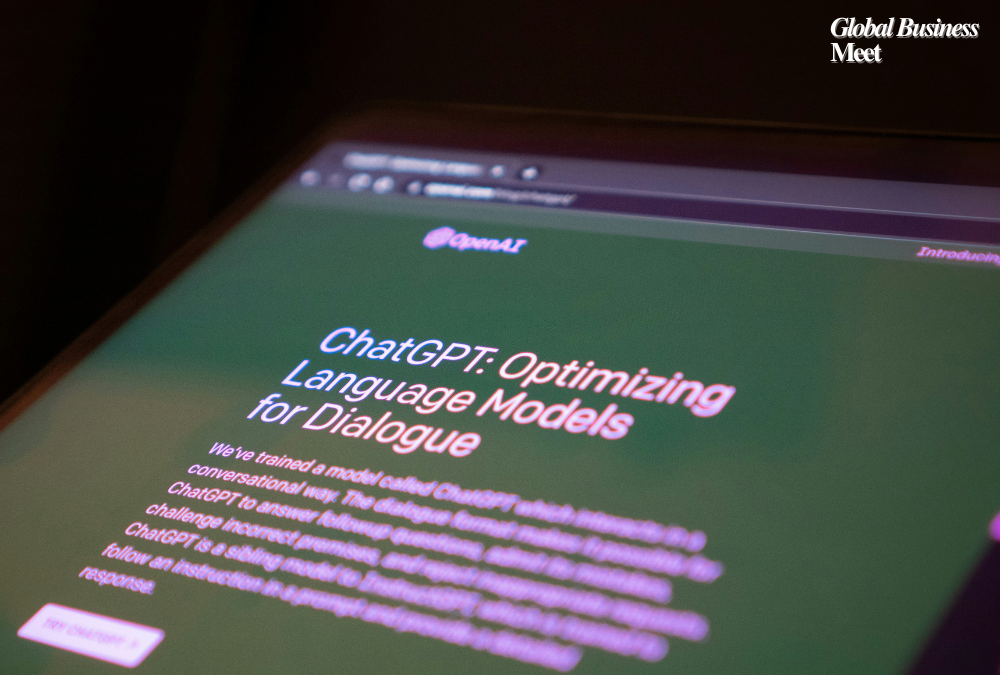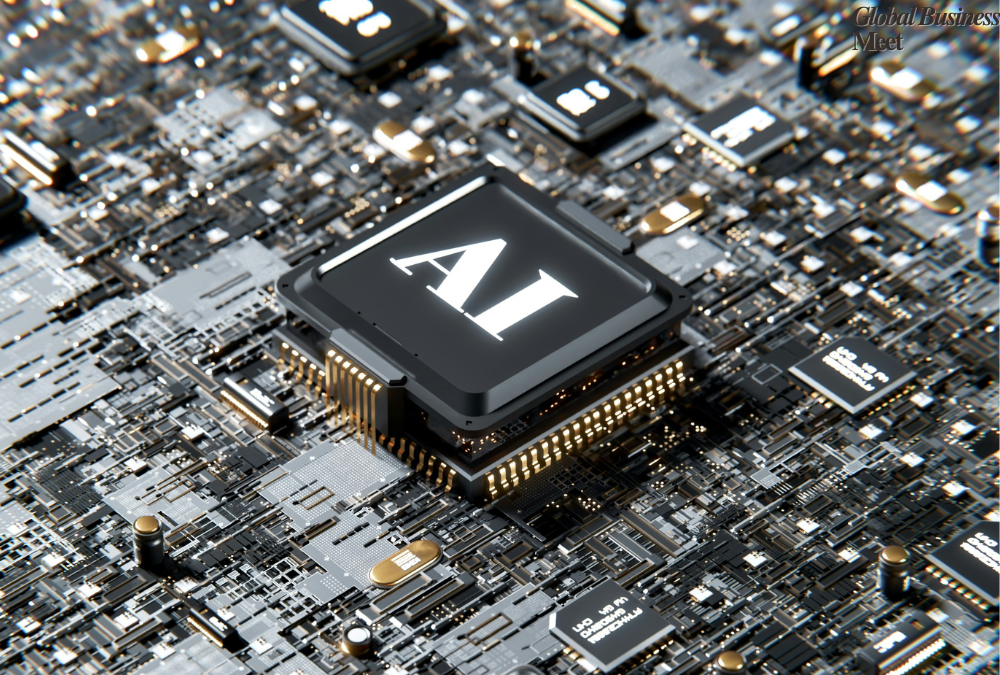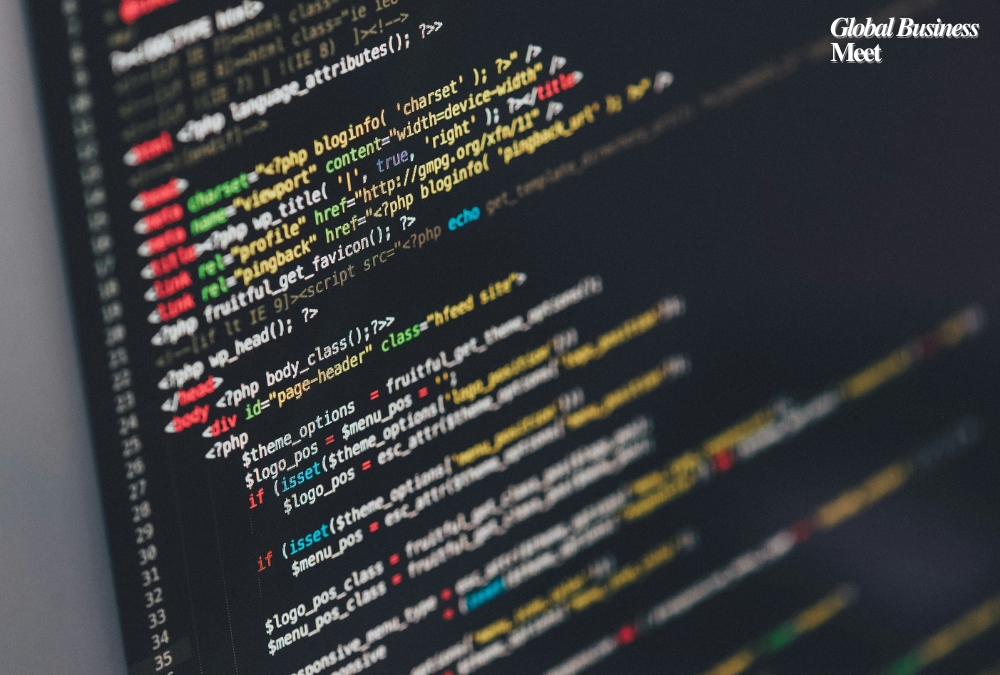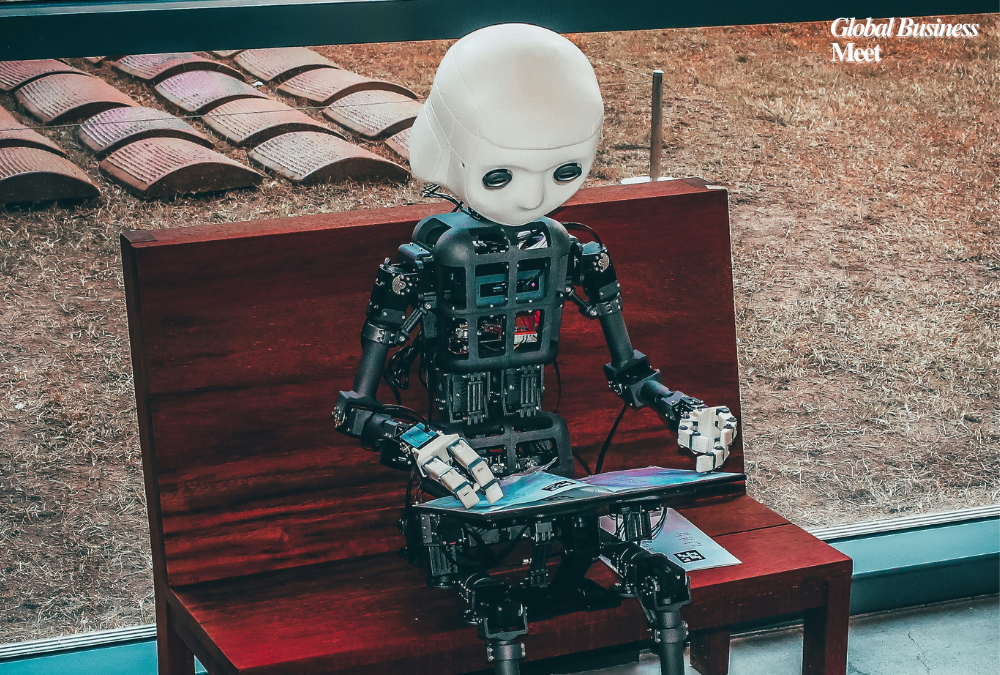
According to a recent survey by The New Stack, 76% of developers believe that AI generated code will need a great deal of refactoring before it can be deployed in production environments. This statistic brings into focus an increasing concern within the developer community on the reliability and usability of code generated by artificial intelligence tools, even as use of the tools becomes ubiquitous.
In the report, most developers have complained that AI may hasten the preliminary stages of software development, but the produced code is usually not transparent, organised and maintainable for long-term use. Such problems as badly named variables, over-repetition, and lack of compliance to the given project’s unique style guidelines, as well as even logical mistakes that can make the code fail work are identified. Virtually all developers pointed to the fact that these shortcomings require more time and resources to fix at a cost of productivity gains, which AI tools are expected to deliver.
Despite all these challenges though the use of AI coding tools continues to be prevalent. Around 70% of developers surveyed reported they use AI to write or edit code every week. This shows that developers are willing to incorporate AI into their workflow but understand its limitations very well. They look at it not as a replacement of human developers, but as an assistant, which still requires close monitoring.
The survey also highlighted the fact that most developers would perceive the potential of AI to optimize such routine or repetitive jobs like for example the creation of boilerplate code or non-complex functions. However, when dealing with more complicated logic or systems at the scale, developers still tend to write their code themselves in order to avoid failures in the system, the risk of a security breach and ensure its maintainability.
These results suggest that , although AI has come along way in supporting coding , it is still a long way from producing production – ready code without human intervention. The data is a rallying cry for firms developing AI coding tools to put more money into raising the quality, context awareness and compliance of their tools with software engineering best practices.
On the whole, the developer community appears to be optimistically cautious. They see the capacity of AI to change the way in which software is created but are skeptical about what it can do now. Early adoption of AI tools also means achieving a non-obvious balance between automation and quality assurance to be successful over the long term in software development.





